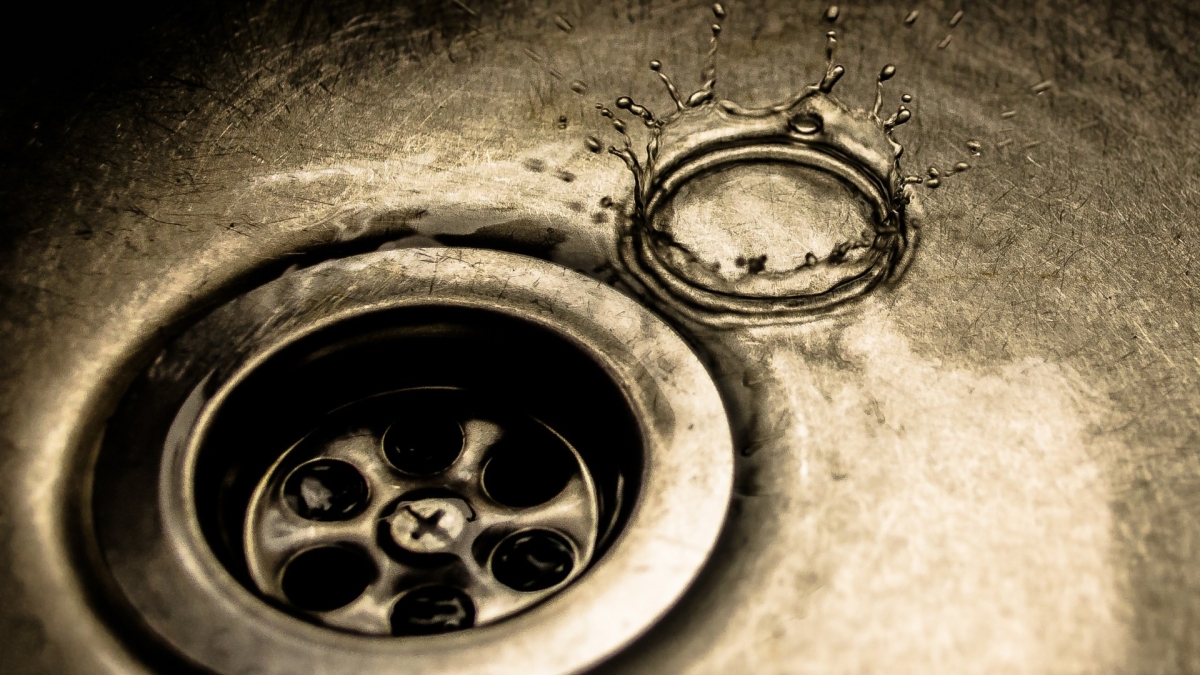Rolf Halden studies the impact of dangerous chemicals on human health. More specifically, Halden, directorHalden is also a professor in the School for Sustainable Engineering and the Built Environment in the Ira A. Fulton Schools of Engineering and senior sustainability scientist in the Global Institute of Sustainability at ASU. of the Center for Environmental Health Engineering at ASU’s Biodesign Institute, monitors sewage in hundreds of locations around the U.S. to measure the health of cities and their people — what he calls “urban metabolism.”
In this episode of ASU Now’s “Thought Huddle” podcast, host Mary-Charlotte Domandi explores with Halden the scale and range of toxic chemicals observed in wastewater and their impact on human health, various approaches to deal with these chemicals, and how he and his teams are working to improve public health. The episode, “Yes, We Monitor What Goes Down the Drain,” offers an in-depth, one-on-one conversation on critical environmental health issues.
“The chemical and biological information that is contained in the wastewater, as ugly as it sounds, is actually very informative,” Halden said. “It can tell us what people are doing in the city, how many people are there, what the health issues are, what types of chemicals they get exposed to, and what types of bacteria might lurk in the city that endangers the health of the people.”
Find more episodes at thoughthuddle.com.
More Science and technology

ASU at the heart of the state's revitalized microelectronics industry
A stronger local economy, more reliable technology, and a future where our computers and devices do the impossible: that’s the transformation ASU is driving through its microelectronics research…

Breakthrough copper alloy achieves unprecedented high-temperature performance
A team of researchers from Arizona State University, the U.S. Army Research Laboratory, Lehigh University and Louisiana State University has developed a groundbreaking high-temperature copper alloy…

4 ASU researchers named senior members of the National Academy of Inventors
The National Academy of Inventors recently named four Arizona State University researchers as senior members to the prestigious organization.Professor Qiang Chen and associate professors Matthew…


